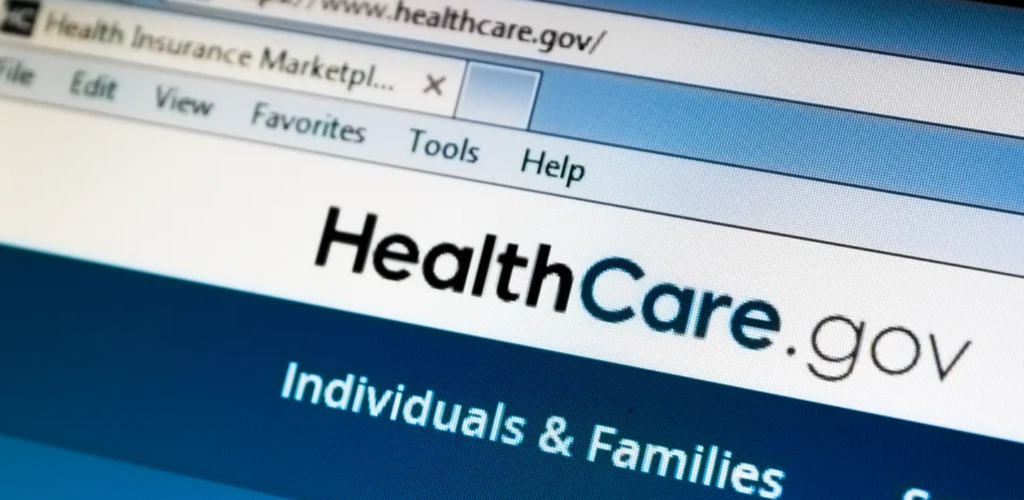Editor’s Note: This analysis is part of the USC-Brookings Schaeffer Initiative for Health Policy, which is a partnership between Economic Studies at Brookings and the University of Southern California Schaeffer Center for Health Policy & Economics. The Initiative aims to inform the national health care debate with rigorous, evidence-based analysis leading to practical recommendations using the collaborative strengths of USC and Brookings.
Linda Blumberg and Matthew Fiedler recently provided comments to the Department of Health and Human Services and the Department of the Treasury on the Georgia Access Model. The Georgia Access Model is a component of a Section 1332 waiver submitted by the state of Georgia that would change how people enroll in health insurance in Georgia. The model would eliminate the use of the HealthCare.gov enrollment platform in Georgia and the associated federal outreach activities. Instead, enrollment in individual-market plans would occur exclusively through private insurer agents and brokers, and Medicaid enrollment would occur exclusively through the state.
The comment solicitation asks whether developments since the departments approved Georgia’s Section 1332 waiver should change the departments’ assessment of whether the Georgia Access Model meets the statutory requirements for Section 1332 waivers, including the requirement that waivers cannot reduce the number of people with insurance coverage. The departments asked specifically about changes in federal law and policy and newly available evidence or experience that would influence assessments of how various factors affect enrollment in health insurance coverage.
In this letter, the authors discuss two developments since approval of Georgia’s waiver in November 2020 that have increased the likelihood that the Georgia Access Model will reduce coverage:
- During 2021, the Centers for Medicare & Medicaid Services (CMS) announced substantial new spending on outreach activities related to the Marketplaces and Medicaid, including an increased marketing budget and new grants for individual enrollment assistance under the Navigator program. These policy changes have increased the number of people expected to obtain insurance coverage if the Georgia Access Model is not implemented. Because these activities will not occur in Georgia if the state’s proposal is implemented, these policy changes do not change the number of people expected to obtain insurance coverage if the Georgia model is implemented. Thus, these policy changes have increased the likelihood that implementing the model would reduce coverage.
- Research released in parallel with or after the departments’ review of Georgia’s waiver (and thus likely too late to be fully incorporated in that review) has provided evidence that (1) the outreach activities currently conducted by the federal government increase insurance enrollment, (2) private marketing activities are less effective in increasing insurance enrollment than comparable public activities per dollar spent and are more likely to steer people into plans that do not meet Affordable Care Act (ACA) benefit standards, and (3) curtailing public outreach efforts is unlikely to increase private outreach efforts. These findings strengthen the case that eliminating current federal outreach activities will reduce insurance enrollment in Georgia while making it less plausible that increases in private outreach efforts would be large enough to offset that decline, as Georgia officials had suggested in waiver application materials.
The new evidence described above joins prior evidence, which is reviewed in the letter, that raised questions about whether increases in private outreach and enrollment efforts would adequately substitute for the loss of HealthCare.gov and associated federal efforts. The loss of the HealthCare.gov enrollment portal in Georgia will likely increase the difficulty of navigating the enrollment process, which prior research conducted in various contexts suggests would significantly decrease enrollment. Earlier evidence also shows that private insurance brokers are less likely than navigators to engage in outreach and education efforts, and that brokers are less likely to provide assistance for people with low incomes, racial and ethnic minorities, and people who are not proficient in English.
In sum, accounting for the current policy landscape and both recent and prior evidence, Blumberg and Fiedler conclude that implementing the Georgia Access Model would meaningfully reduce insurance coverage in Georgia. They believe this reduction in insurance coverage would be even larger if coverage provisions similar to those in the Build Back Better Act, passed by the House, were to become law. Read the experts’ full letter here.
